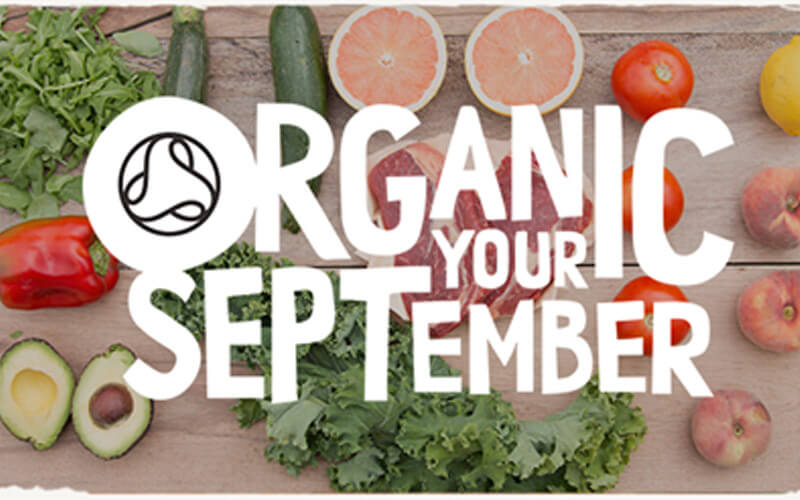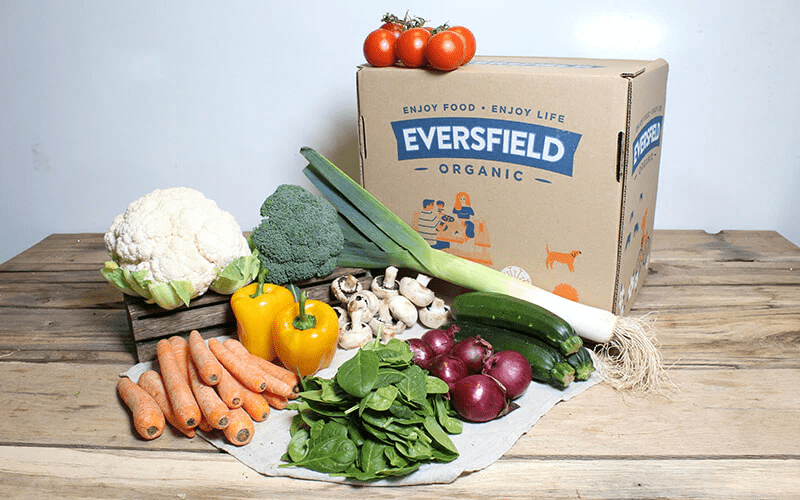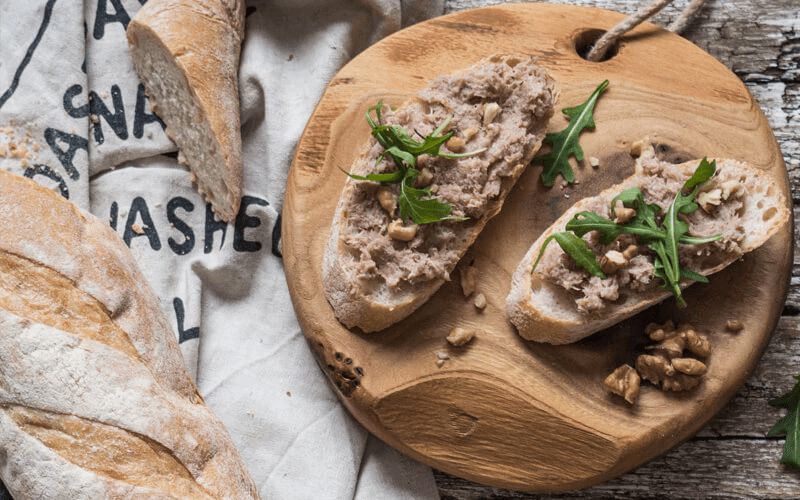Reasons to love sourdough
-
Easy to Digest
Something often praised of sourdough above its mass produced equivalents, is its ability not to bloat its consumer! Many people find that although they are aggravated by most glutinous products, sourdough leaves them free of discomfort. In the sourdough process the gluten in the dough is broken down and therefore isn’t able to cause the gut the same irritation. Hurrah!
-
It’s Delicious!
The unique flavour from a long fermentation start is something very special. Sourdough is, by nature, a batch made product. From often ancient starters, they carry a historically appreciated flavour and texture profile.
Don’t be fooled however by supermarket ‘sourdough’. This is often ordinary bread with a sprinkle of dried sourdough starter to add some of that character flavour. Trust artisan bakers like our very own organic Famous Hedgehog Bakery to deliver a proper loaf.
-
It Lasts Better Than Most Breads
Sourdough contains natural preservatives so lasts longer without being pumped with nasties. The naturally occurring presence of acetic acid inhibits growth of mould and hinders the ageing of the bread. This certainly can’t be said of an everyday sliced loaf!
-
Low GI
We know bread has had a bad rap. Many struggling with weight gain or metabolic imbalance choose to avoid it. However, certain properties of sourdough bread mean it shouldn’t be held with the same disregard.
The lactic acid bacteria in sourdough reacts in the baking process to break down and reduce the availability of starch in the bread. This means when you eat sourdough bread your blood sugar won’t spike in the same way it will when eating conventional white bread with a high glycaemic index or GI.
-
It’s Nutritious!
Sourdough contains a bunch of vitamins and minerals which commercially produced breads don’t. Among others this includes vitamins A and E, as well as folic acid, iron, zinc, magnesium and antioxidants. The slow fermentation of the dough makes these nutrients much more available and easier for the body to absorb.


















